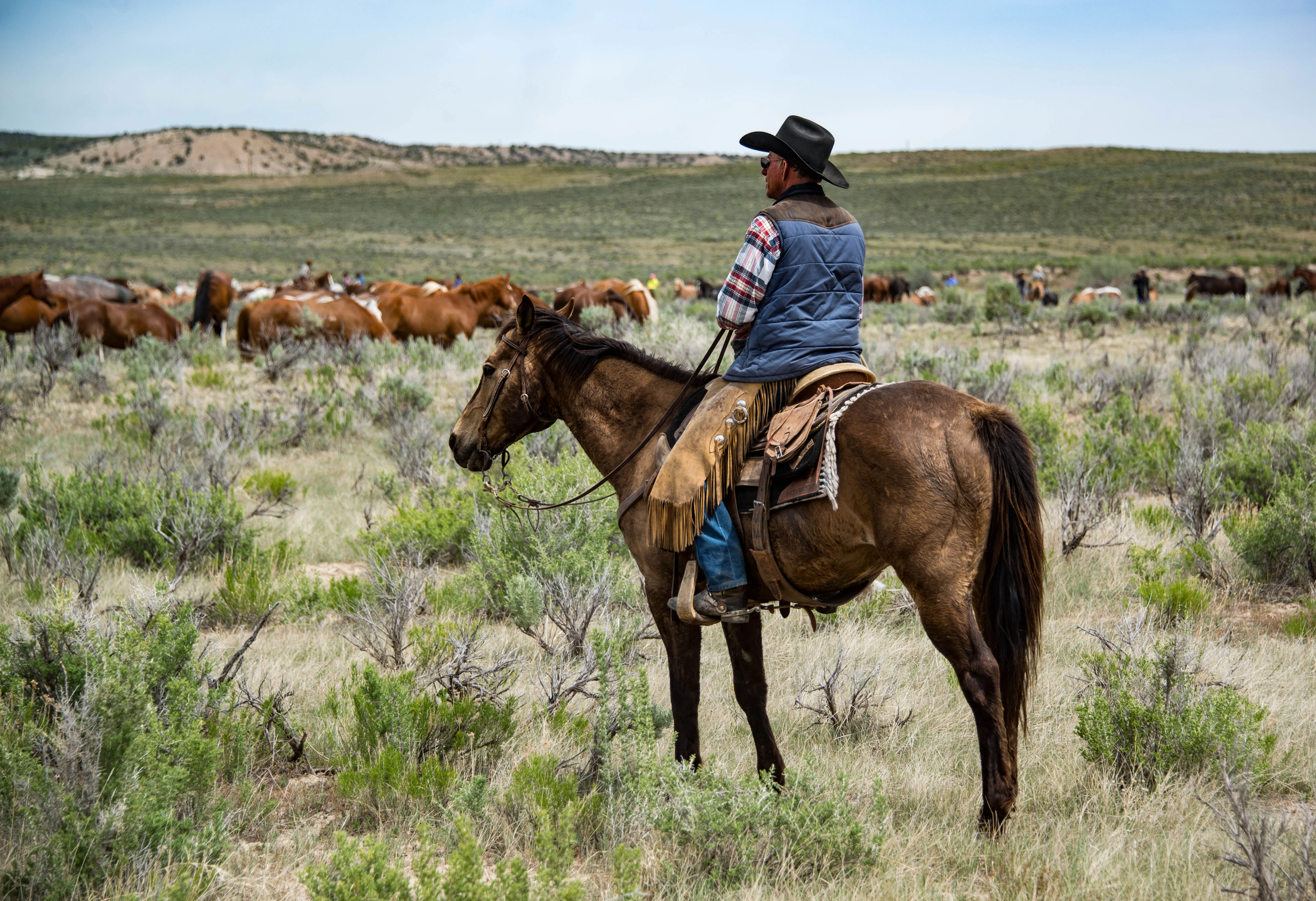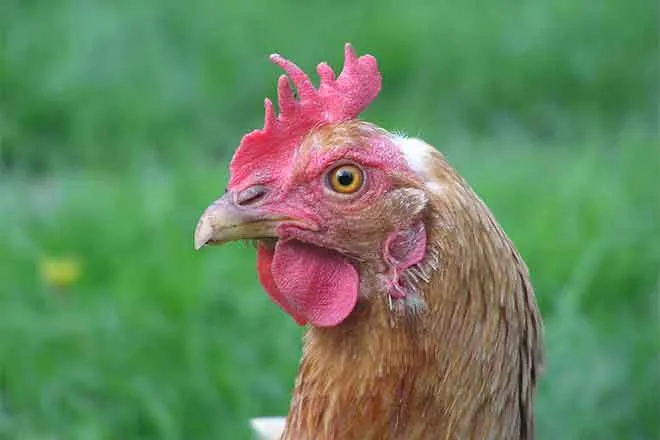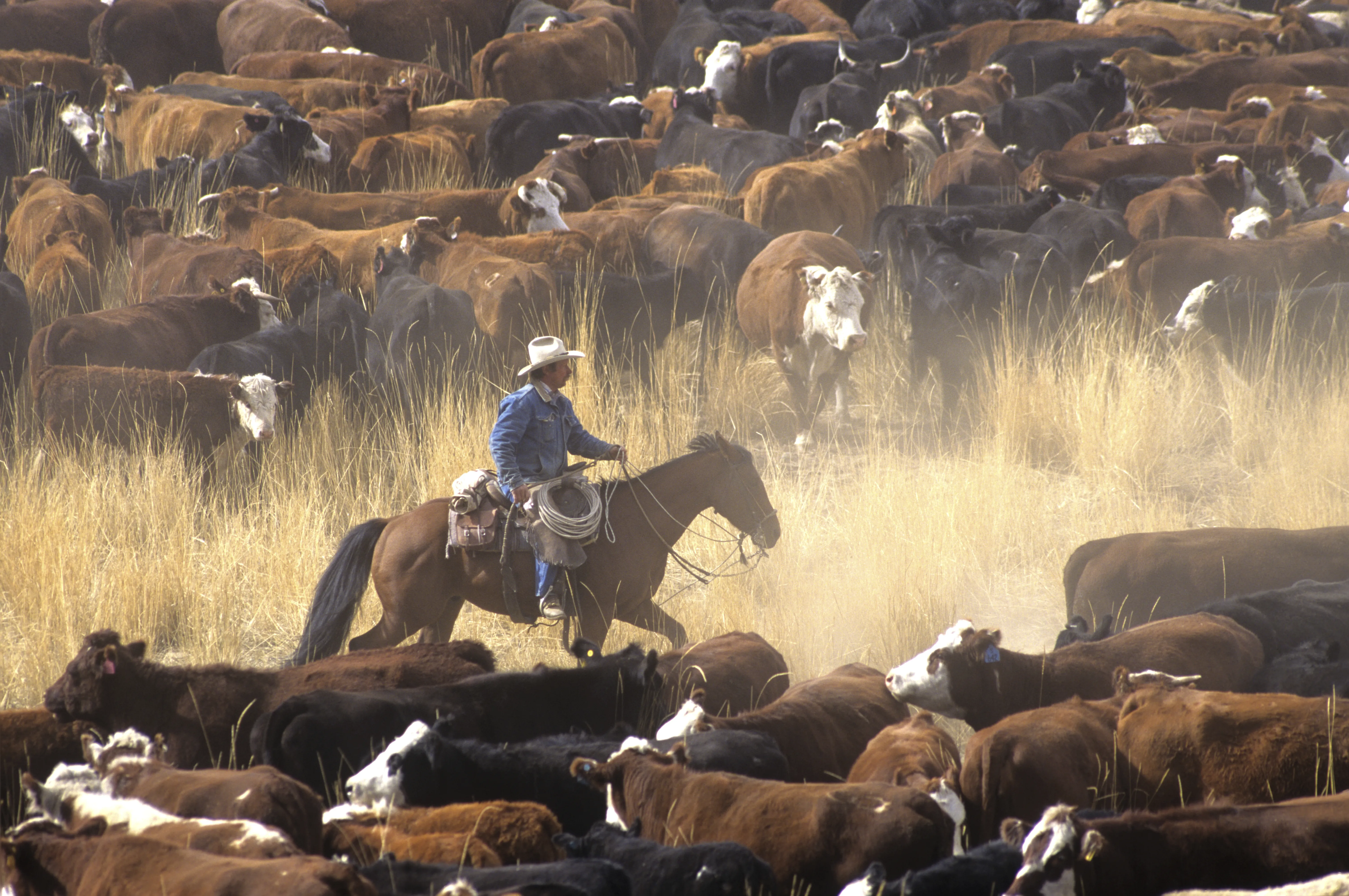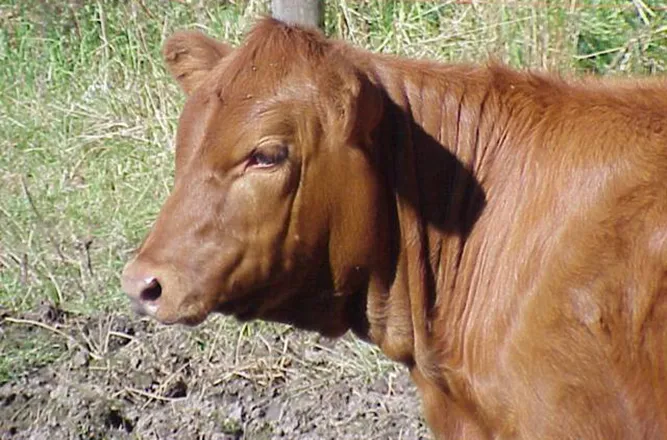
Farmers want more transparency on USDA discrimination payments
Click play to listen to this article.
(Colorado News Connection) The U.S. Department of Agriculture is doling out direct payments to minority farmers and ranchers who the government had previously discriminated against but some advocates are hoping for more transparency about selection criteria and other information.
More than $2 billion will go to tens of thousands of food producers, including 68 awards going to Colorado. The USDA has a long history of discriminatory practices, including denying loans to Black and other minority farmers at greater rates than their white counterparts.
Sharon Mallory, executive director of the 2020 Farmers Cooperative, said the payments are great but the program could be improved.
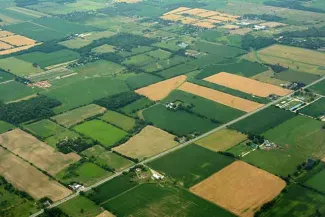
© iStock - IMNATURE
"I'm not personally dazzled about numbers or dollar amounts unless I can connect that to the people that are being most impacted," Mallory observed. "Which is our Black and small-scale farmers."
She wants the USDA to disclose its methodology for choosing applicants for the payments, plus more information about who reviewed the grants and the racial demographics and farm sizes of the payouts. The range of awards is large; between a few thousand and $500,000, with the average about $82,000.
Adding to decades of discrimination, the rapid consolidation of big agriculture has forced many smaller minority farmers out of business. Mallory emphasized even after the payments are made, the USDA needs to make substantial improvements, in part because of its history.
"You can be like an ostrich and put your head in the hole, you can put your blindfolds on, you can turn your head the other way," Mallory noted. "But the fact of the matter is, it did happen. It's documented. It's not a secret, so let's address it."
One study found Black American farmers lost more than $300 billion worth of land in the 20th century in part due to the USDA's discriminatory practices. The discrimination payments were authorized through the Biden administration's Inflation Reduction Act and the majority of the recipients are from the deep South.





